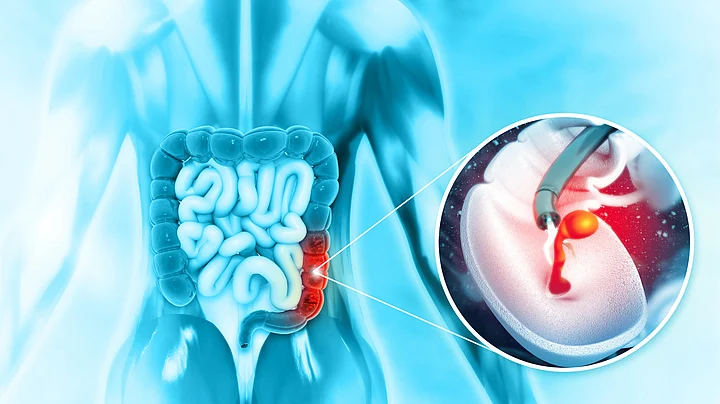Colon cancer remains a significant public health concern, with early detection pivotal in reducing mortality rates. However, diagnosis often gets delayed because patients are reluctant to undergo the existing screening methods — colonoscopies and fecal tests
In a breakthrough development, a blood test emerges as a potential solution, offering simplicity and accessibility.
Read on to know how the test works.
Big points from the study: The study, published in The New England Journal of Medicine, demonstrates the test's ability to detect early-stage cancers with an impressive 87 percent accuracy rate.
According to the study authors, the new blood test could potentially preventing up to 73 percent of colon cancer-related deaths.
How does it work? The blood test, known as Shield, and developed by Guardant Health, detects colon cancer through the identification of DNA fragments shed by tumours and large polyps in the bloodstream.
By analyzing these fragments, the test can identify the presence of cancerous cells, offering a non-invasive alternative to traditional screening methods.
Why Does It Matter? The introduction of a blood test for colon cancer detection holds immense significance. Firstly, it addresses the barriers to screening posed by invasive procedures, potentially increasing screening rates and saving lives.
Secondly, its simplicity and ease of integration into routine blood work could revolutionise the early detection landscape, offering hope for reducing colon cancer mortality rates globally.
(At The Quint, we question everything. Play an active role in shaping our journalism by becoming a member today.)
